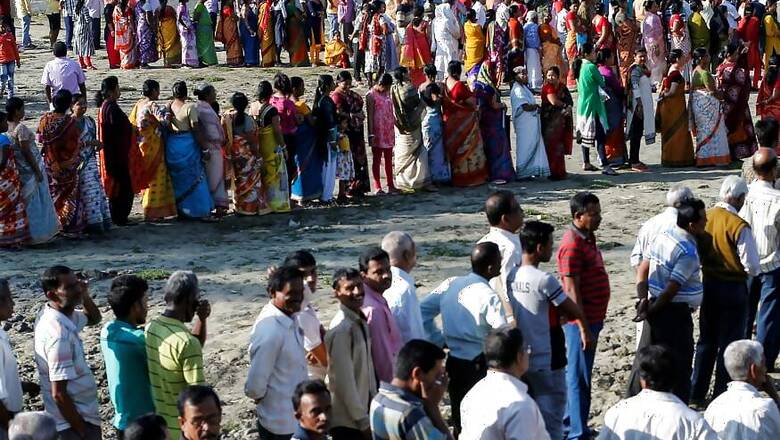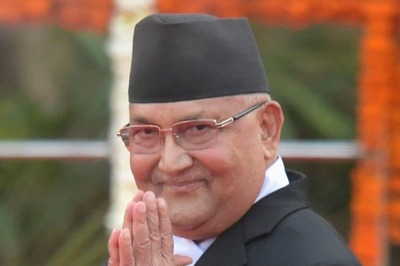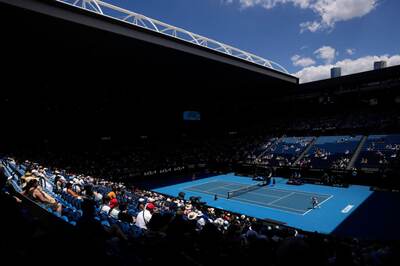
views
Campaign has ended for one of the most bitterly fought elections in the city. Ever since the Delhi Assembly came into existence in its present avatar in 1993, one doesn’t remember an election where the development of the city was reduced to such a cameo role in the poll narrative.
Chief Minister Arvind Kejriwal in his interview given to at least four English and same number of Hindi dailies on a single day before the campaign ended has claimed that this was the first time that votes were being asked in the past 70 years on the basis of development work done.
The political arena of this country in the second half of the post-Mandal phase has been full of instances where development work has returned leaders to office. Some of the examples being Chandrababu Naidu, YS Rajasekhara Reddy down South, Naveen Patnaik in the East and Nitish Kumar in neighbouring Bihar.
In the Hindi heartland, we have examples of Digvijaya Singh and Shivraj Singh Chouhan in Madhya Pradesh, Raman Singh in Chhattisgarh and not to forget Sheila Dikshit in Delhi winning assembly polls in 1998, 2003 and 2008 on the development agenda.
Nevertheless, the Delhi chief minister, following his rout in the Lok Sabha polls with the vote share of his party coming down to 18 per cent, decided to do away with the agenda of confrontation with the Centre and went ahead with an advertisement blitzkrieg showcasing his ‘works of development’.
He complimented the bombardment of ‘development news’ with intelligently woven schemes of subsidising power and water tariff. This helped in people spelling support for development when they were merely lapping up the subsidies extended to them.
The BJP strategists understood well that demolishing Kejriwal’s claims of development, howsoever inflated, would not be easy and decided to engage him elsewhere. In this context, the Shaheen Bagh agitation came in handy, which they have sought to project as an assault on the Hindu identity.
AAP may have estimated that the protests in the national capital policed by the Union government may further turn the tables on the BJP. In its nascent stage, AAP MLA Amanatullah Khan was seen to be participating in the sit-ins. But the ruling party in Delhi never really thought that it would provide oxygen to the BJP campaign, which till about a month back was looking absolutely emaciated.
The intense campaign by BJP leaders and mass mobilisation of the party and the Sangh cadres has fairly shaken Kejriwal. To counter reprisal following BJP’s aggressive Hindutva line, Kejriwal tried course correction. His party, in its manifesto, has proposed to make patriotism curriculum compulsory in schools and he has refrained from commenting on the timing of the announcement of the Ram temple trust.
The most intriguing has been the campaign by the Congress, which in the last two days saw some energy going to town seeking votes in the memory of former chief minister Sheila Dikshit. This they did after completely sidelining her son and former MP Sandeep Dikshit, who could have been a forceful campaigner. Not to forget that the party leadership, through its general secretary PC Chacko, had heaped a lot of stress on the veteran leader during the Lok Sabha polls.
Under the given circumstances, the Congress — despite the legacy of Sheila Dikshit and its manifesto also containing a vision for development — is unlikely to give a decent performance to be in the race for forming government. Though some believe that given the hard work of some of their candidates, they can still manage to win some seats.
Another question looming charge is what happens to Shaheen Bagh protests. The campaign has ended and so would the polling on Saturday. Will the Centre, which is responsible for maintaining law and order in the city, allow continuance of the protests and let it fizzle out. Or will it see the protesters entering into some kind of an engagement and dialogue with the government for an honourable solution; or use of force by the government to vacate the protest venue.
The saddest aspect of this election is going to be that after the results are out, we would still be debating what happens to Shaheen Bagh and/or for how long the power subsidies would continue. There would not be any discussion on how soon the Metro project is completed, what plans the government makes to ensure the national Capital doesn’t become a gas chamber the next autumn or, for that matter, how soon the fleet of Delhi Transport Corporation buses gets augmented.
Politics of confrontation between the BJP-led Centre and the AAP-ruled Delhi has hampered city’s infrastructure and its financial growth. A status quo would continue if AAP were to return to power. In case of the BJP making it, whosoever becomes the chief minister would have a humongous job at hand to recall its aggressive cadres pushing the Hinduvta agenda and bring development into focus. Delhi has a grim future ahead.
(The writer is a senior journalist and political analyst. Views expressed are personal)



















Comments
0 comment